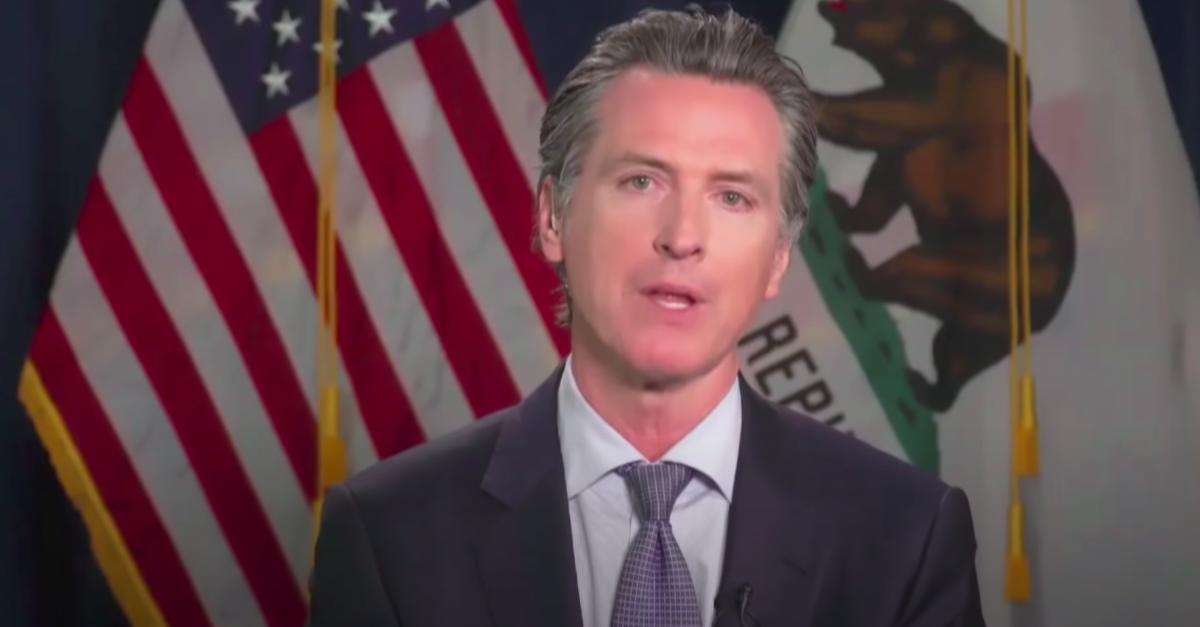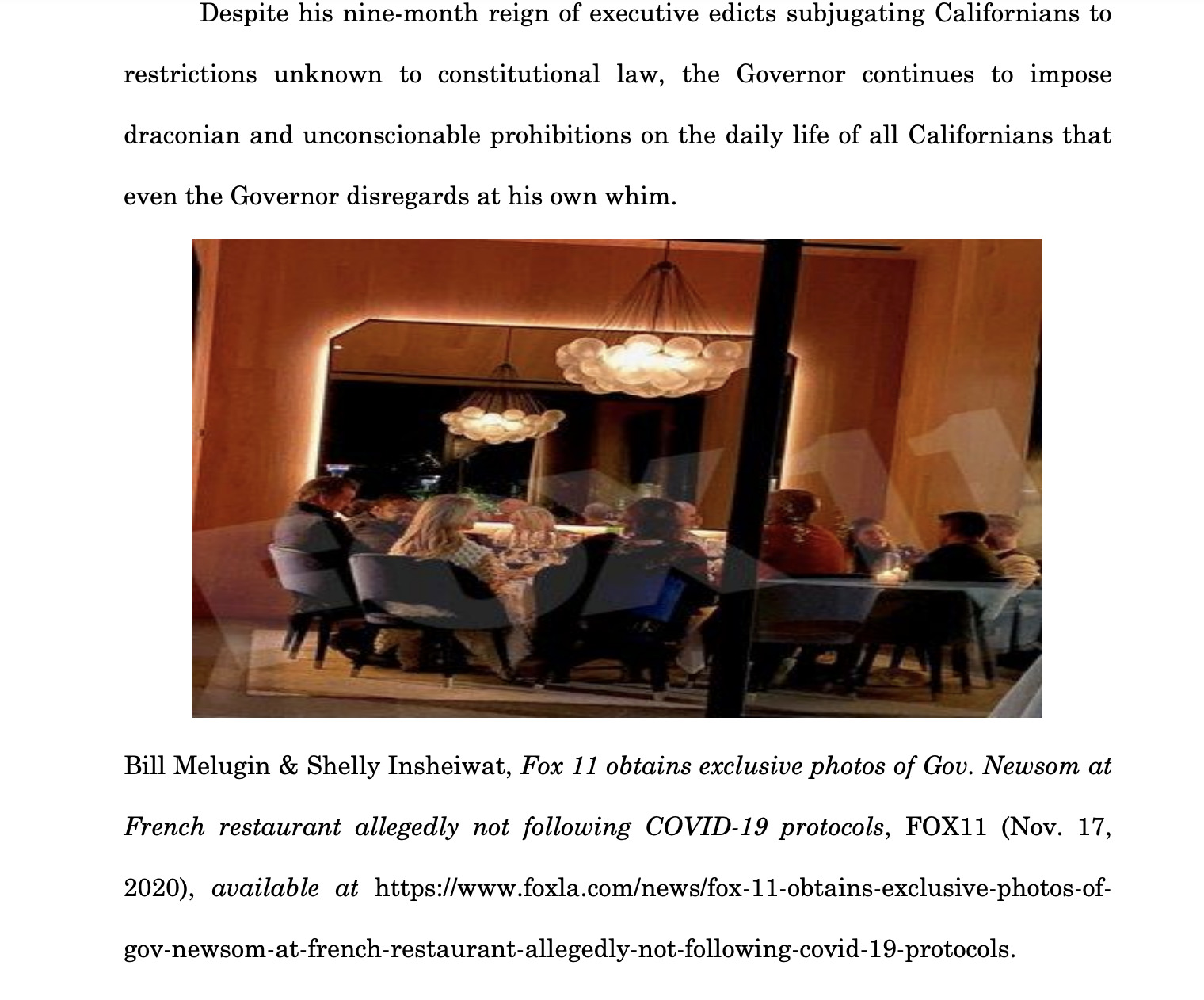
Now that Supreme Court of the United States ruled against New York State’s COVID-19 restrictions affecting in-person religious services, it’s tying up loose ends elsewhere around the country.
SCOTUS issued an order in favor of Harvest Rock Church in California et al. on Thursday, treating the churches’ emergency application for a writ of injunction as a petition for a writ of certiorari—in advance of a judgment in the court of appeals. SCOTUS also vacated a Sept. 2 order of the United States District Court for the Central District of California, and remanded the case to the United States Court of Appeals for the Ninth Circuit, with special instruction that the lower court give the case “further consideration in light of Roman Catholic Diocese of Brooklyn v. Cuomo, 592 U. S. ___ (2020).”
Harvest Rock Church’s application for emergency relief—also filed on behalf of “Harvest International Ministry, Inc. and its 162 member Churches in California”—came before Justice Elena Kagan. Kagan who is the justice assigned to the Ninth Circuit and the justice who joined the dissent in the New York case. She referred the application to the rest of the court. The Supreme Court’s order in the California case is unsigned.
The ruling means that, for now, the churches’ challenge to Democratic Governor Gavin Newsom’s recently-tightened order in the Golden State is working; the governor’s restrictions on in-person worship, though active, will be evaluated in the lower court in light of the court’s recent ruling against New York Gov. Andrew Cuomo (D). The lower courts previously declined to block Newsom’s orders.
Newsom’s latest directive established a statewide framework of four tiers, which includes sector-specific restrictions in each tier. The plaintiff church called it “an unconstitutionally discriminatory regime that relegates Churches’ fundamental right to religious exercise to constitutional orphan status.”
The case is personal, too. In their application, applicants not only included arguments in favor of reopening for religious services, but also tried to showcase easily digestible evidence of Newsom’s personal hypocrisy. The application included a photograph of the governor and linked to news story that said Newsom “allegedly” dined at an indoor restaurant in direct contravention of his own COVID-19 rules.

Newsom has admitted that he “made a bad mistake.”
California’s argument focused on the specific risks posed by worship services:
“…the location matters. The risk of transmission is lower outside because ‘wind and air temperatures and ultraviolet light . . . can negatively affect the virus and can disperse the virus particles.’”
“ Indoor ‘congregate’ activities, in which many people gather together in close proximity for extended periods of time, pose an especially great risk of transmission because of the combination of the number of people, the nature of the activity, and the location. The risk is particularly high when such congregate activities involve singing or chanting, especially when they take place in buildings with limited ventilation. This conclusion is unfortunately borne out by the many reports of indoor communal gatherings (including indoor worship services) becoming “super-spreader” events, leading to hundreds or even thousands of infections.”
The application for injunctive relief said that “With each passing Sunday, Churches are suffering under the yoke of the Governor’s unconstitutional Orders prohibiting Churches from freely exercising their sincerely held religious beliefs requiring assembling themselves together to worship God.”
“Indeed, absent an injunction, Churches ‘face an impossible choice: skip [church] service[s] in violation of their sincere religious beliefs, or risk arrest . . . or some other enforcement action for practicing those sincere religious beliefs,'” the churches said. “Conversely, an injunction enjoining enforcement of the Orders on Churches’ responsibly conducted worship services will impose no harm on California.”
The applicants also argued that, in the alternative, the Supreme Court should grant certiorari in the case prior to a judgment in the appellate court, which is what happened on Thursday:
Pursuant to 28 U.S.C. 2101(e), this Court is permitted to grant certiorari before judgment in the court of appeals. Such a pre-judgment grant of certiorari is warranted where, as here, “the public importance of the issues presented and the need for their prompt resolution” warrants this Court’s intervention. United States v. Nixon, 41 U.S. 683, 687 (1974). Here, the issues presented in Churches’ Application involve rights which this Court has characterized as “lying at the foundation of a free government of free men.” Schneider v. New Jersey, 308 U.S. 147, 151 (1939). More importantly, there is a substantial circuit split concerning the issue of whether discriminatory COVID-19 restrictions on religious worship services are permissible under First Amendment.
Harvest Rock’s petition for emergency relief followed a similar petition pending before Justice Brett Kavanaugh; that case was initiated by a Kentucky Christian school, which argues that Kentucky Governor Andy Beshear, a Democrat, issued COVID-19 restrictions which similarly violated constitutional guarantees of religious freedom. No order has been issued in the case before Justice Kavanaugh.
While courts have been inundated with COVID-based litigation since the beginning of the pandemic, SCOTUS’s Thanksgiving eve ruling in favor of two religious groups in New York had clear implications for the cases that would follow. In the New York case, SCOTUS ruled 5-4 against New York Gov. Cuomo, finding that the restrictions limiting religious services likely constituted a violation of the First Amendment. The case inspired several concurrences and dissents, each swiping at the other.
Justice Neil Gorsuch penned his own concurrence to the Court’s order, saying, “Government is not free to disregard the First Amendment in times of crisis.”
Counsel for Harvest Rock Church and the California Attorney General’s Office did not immediately respond to a request for comment.
[screengrav via YouTube]